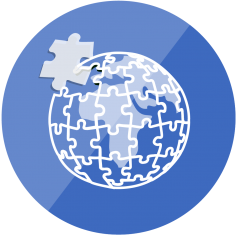
International Relations
It’s the late 1800s and you are the leader of a European country: the Austrian Empire or the Kingdom of Prussia (Germany) or smaller but influential countries such as the Kingdom of Two Sicilies or Switzerland. What decisions will you make? This is your reality for the next three weeks, as you undertake the European Leadership Project, a simulation that focuses on Europe and its political, military, economic, and cultural developments from the end of the Napoleonic wars (1815) until the start of World War I (1914).
As presidents, tsars, popes or dukes, you present your decisions, answer questions posed by your opponents, try to solicit support for your quest and tackle international crises, aiming to win the final vote. Through rigorous research and analysis of your own and your opponents’ decisions, you gain a broad understanding of the study of the origins of modern international politics, emphasizing on significant themes such as foreign policy and the role of great powers, superpowers, ethnic and religious movements and terrorist groups in the arena of international affairs. Among others, you focus on the relationship between constructivism and realism in International Relations, evaluate the importance of good relations between countries with respect to the economy and evaluate why the 1929 Geneva Conference was necessary.
Learning Objectives
Develop cognitive skills such as primary source analysis, logical inferences, and map construction and interpretation.
Evaluate, synthesize and analyze key facts and ideas productively, to deepen your understanding of modern reality and the world issues which concern policymakers and citizens today.
Discuss and interpret key ideas in International Relations, such as the Security Dilemma, the contribution of nationalism to the rise of imperialism and totalitarian regimes.
